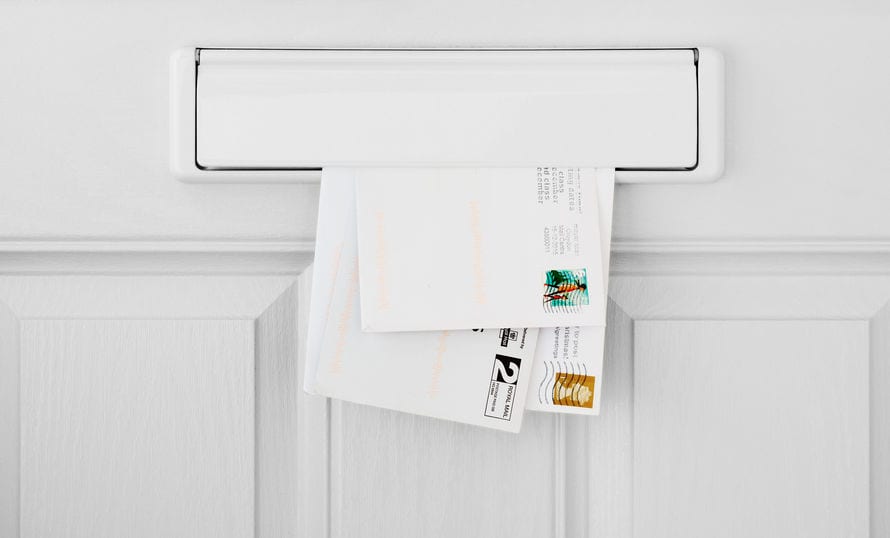If you did not file taxes or IRS did not receive them, you will be sent IRS Notice CP3219N. Tax law mandates the IRS to issue a notice of deficiency before considering additional taxes. CP3219N specifies the period from the date of the notice to petition the Tax Court if you are planning to challenge the proposed tax increase.
What Is an IRS CP3219N Notice of Deficiency and Proposed Tax Increase?
A CP3219N Notice of Deficiency is an IRS letter that notifies an individual of a tax deficiency. It is an official IRS claim that you owe income tax plus interest or additional penalties. The following are some of the circumstances that trigger this notice:
- You did not file a tax return
- IRS filed a Substitute for Return (SFR) on your behalf
- IRS received W-2s, 1099s, and other reported income from third parties that is linked to your SSN
Why Is a CP3219N Called a 90-Day Letter?
The CP3219N is called a 90-day letter because you will have 90 days from the notice date to petition the US Tax Court if you disagree with the proposed tax adjustments. If you miss the 90-day deadline, the IRS sends a bill for the back taxes.
How Much Time Do You Have to Challenge an IRS Tax Assessment After Receiving a CP3219N?
As mentioned above, you have 90 days from the CP3219N notice date to submit your petition to the US Tax Court to challenge the proposed tax increase. However, you have 150 days to dispute the tax deficiency if you are outside the country.
Can You Extend The 90-Day Window to Respond to the IRS?
Unfortunately, there is no extension for the 90-day window when you receive a CP3219N notice from the IRS. Therefore, you must respond within the specified timeframe to avoid additional interest and penalties. If you disagree with the notice, send a letter to the IRS explaining why. Include copies (not originals) of financial documents and evidence to support your argument.
How Do You File a Petition with the US Tax Court to Dispute Your CP3219N Notice?
If you want to dispute the IRS deficiency notice, file a petition with the US Tax Court. The following are the steps to file this petition:
- Download the petition form and rules from the US Tax Court at ustaxcourt.gov/resources/forms/Petition_Kit.pdf
- Complete each of the six required petition sections (petition Form 2)
- Fill out the Statement of Taxpayer Identification Number (petition Form 4)
- Indicate your Request for Place of Trial (petition Form 5)
- Attach a copy of your CP3219N notice
- Include a check or money order for the $60 tax court filing fee
- Mail your completed Tax Court petition to: United States Tax Court. 400 Second Street, NW. Washington, DC 20217
- Once processed, you will receive a Notice of Receipt of Petition from the US Tax Court with your court docket number
Can You Resolve an IRS Tax Deficiency Matter Before Your Tax Court Date?
As you wait for your day in US Tax Court, you can attempt to resolve your deficiency issue via a pre-trial appeal by:
- Requesting an Audit Reconsideration
- Paying the amount of tax due and filing a formal claim
- Paying the balance due and filing a suit for a refund in the US District Court or US Court of Federal claims.
What Happens If You Lose Your Tax Deficiency Appeal with The Tax Court?
If the Tax Court upholds the position of the IRS about the tax deficiency matter, the IRS will assess the tax and send a bill notifying you of its intention to start the collection process.
What Is the Deadline to File and Pay Taxes If You Agree with Your CP3219N?
If you agree with your CP3219N tax deficiency, file your return and pay your taxes no later than 90 days from the date of the notice.
What Is the Difference Between a CP3219N Notice and CP3219A Notice?
The IRS sends a CP3219N notice when they did not receive your tax return and a CP3219A notice when you filed a tax return but it does not match IRS records. Each notice includes the tax, penalties, and interest you owe the IRS. In some situations, a CP3219A notice may show you owe less tax. Both notices are referred to as 90-day letters since you have 90 days to respond to the IRS or petition the US Tax Court.
Dealing with IRS taxes can be a daunting task. If you need help challenging a notice of Deficiency and Proposed Tax Increase, schedule a free call with us or start with a free evaluation.
6 Simple Questions. Free Evaluation.
Join our Newsletter
Enter your email address to join our free newsletter. Get all the latest news and updates.

